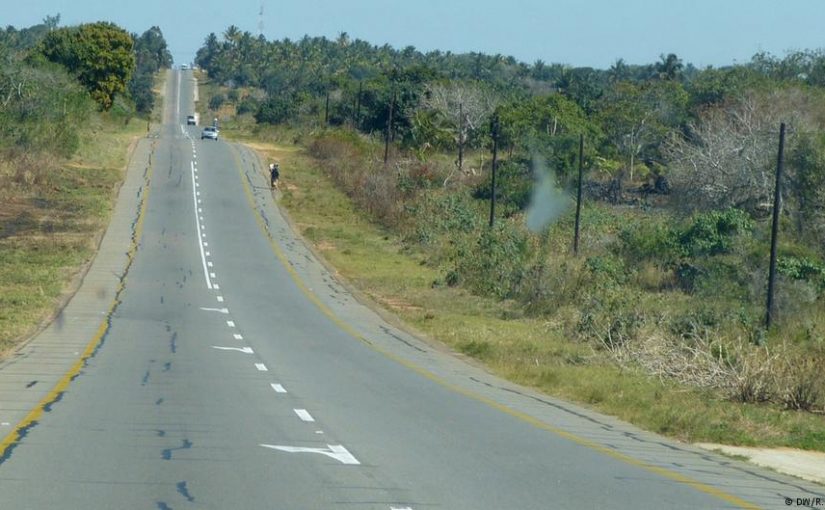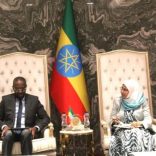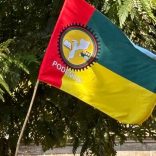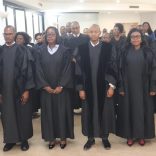Mozambique: ANJUR calls for measures to protect jurists
Mozambique: Repairing north-south highway a top priority – PM

DW (File photo)
Mozambican Prime Minister Carlos Agostinho do Rosario on Thursday guaranteed that repair work on the most critically damaged parts of the main north-south highway (EN1) will begin in the second half of this year.
He was speaking in the Mozambican parliament, the Assembly of the Republic, at the end of a two day question and answer session between the deputies and the government, during which opposition deputies had repeatedly complained at the state of EN1.
The stretches most in need of repair are from Pambara in Inhambane province to the Save river, which marks the conventional boundary between southern and central Mozambique, and from the Inchope crossroads, in Manica province, to Caia, on the south bank of the Zambezi.
“The rehabilitation of EN1 is at the top of the government’s priorities”, Rosario assured the Assembly. “So we are continuing to mobilise additional resources and negotiating with the private sector to rehabilitate the Pambara-Save and Inchope-Caia stretches. Before we embark on this work, in the second half of the year, there will be localised interventions at critical points”.
To face the requirements posed by road construction and repair, the Prime Minister added, “we are prioritising approaches such as the mobilisation of financial resources on more accessible terms and conditions, and public-private partnerships, through which we stimulate the private sector to invest in public infrastructures”.
Turning to the health sector, Rosario said a further government priority is to conclude the construction and rehabilitation of health units across the country.
He assured the deputies that the government is strengthening the mechanisms for the management and transport of medicines in order to prevent theft “and ensure that the medicines reach their rightful destinations”.
“So that these measures have the desired impact, each one of us must remain vigilant and denounce practices that are contrary to the principles and ethics of health professionals”, urged Rosario.
Deputies of the Mozambique Democratic Movement (MDM) asked about the recurrent problem of paying teachers for overtime. Both Rosario and Education Minister Conceita Sortane assured them that this issue is being brought under control.
“Pending situations of paying teachers for the overtime worked are being regularised”, said the Prime Minister. “To reduce the amount of overtime worked in recent years the government has been making efforts to hire more teachers which also improves the pupil-teacher ratio”.
Sortane said a system was now in place to plan for overtime. At the start of the school year each school, based on the number of pupils enrolled and their organisation into classes, must present a list of classes and disciplines for which it does not have enough teachers, if they only work their normal hours. Lists of teachers who can teach overtime are then drawn up and confirmed by the district education authorities.
Every month the school confirms that these teachers did indeed work overtime, and they are then paid for it the following month. She said that this system has allowed the immediate payment of overtime referring to February and March “in a significant number of the districts of our country”.
Overtime imposed by unforeseen circumstances, such as the death or illness of a teacher, takes longer to process but should not take more than two or three months.
Sortane admitted that her Ministry is still sorting out overtime from 2017, before the new system took effect.












Leave a Reply
Be the First to Comment!
You must be logged in to post a comment.
You must be logged in to post a comment.